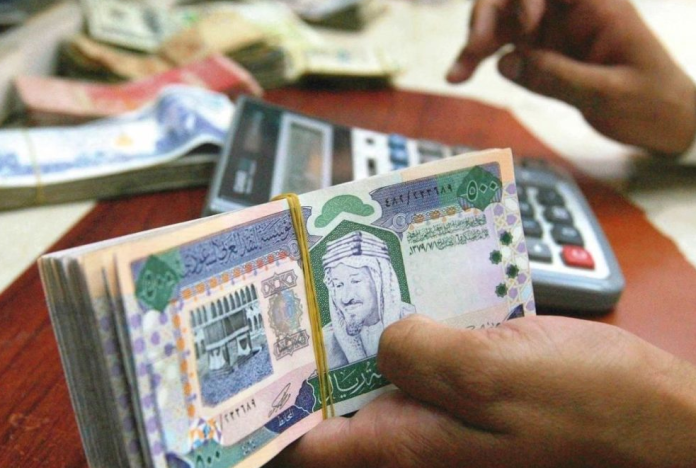The Saudi Central Bank has issued additional capital adequacy requirements for Sharia-compliant banking services.
The agency reported: Fitch “For credit rating, the rules for Islamic finance issued by Saudi Central Bank(SAMA) during the period from 2020 to the first half of 2024 is working to enhance the regulations for Islamic banking services to some extent, by improving transparency and reporting requirements, standardization and Sharia governance, and increasing consumer confidence in Sharia-compliant products.
While the Saudi Islamic banking market is the largest in the world and the operating environment is expected to be favourable during the second half of 2024-25, ongoing issues include low standards, Islamic finance regulations that are still under development, and fragmented disclosures.
Saudi Islamic banks have included disclosures related to profit sharing analysis in their financial statements since the end of 2023. While the bank will bear losses in the event of default, negligence or breach of any of the terms and conditions of the profit sharing investment agreement, losses otherwise may be borne by investors (depositors). This is in line with the classification of Islamic banks in other jurisdictions, and Fitch will view loss-bearing PIAs as defaults. In practice, Fitch believes that depositors will not bear losses due to the impact on confidence in the banking system. PIAs increased to 7.1% of Shariah-compliant deposits at the end of 2022 (2021: 6.4%).
The Saudi Central Bank has also issued additional capital adequacy requirements for Shariah-compliant banking services. The company aims to ensure that risks associated with Islamic banking products and contracts are appropriately allocated, with capital requirements for credit and market risks. No material impact is expected from the adoption of this rule as there is no material change in the treatment between the current Saudi Central Bank framework applicable to conventional banks and the framework applicable to Islamic banks.
Risk Management Framework
The Saudi Central Bank has also issued a risk management framework for banks practicing Islamic banking, including setting minimum principles for risk management. Financial disclosures show that Saudi Islamic banks are required to maintain profit equalization reserves or investment risk reserves to mitigate displaced commercial risks and facilitate returns to depositors. This can also help ensure that Saudi Islamic banks do not share in losses arising from Musharaka investment accounts.
The Saudi Central Bank has issued a Sharia governance framework for local banks and finance companies, with the aim of strengthening Sharia governance procedures and enhancing confidence in the Islamic finance sector. It has also issued a standard contract for consumer finance for individuals, covering Murabaha and Tawarruq, which is likely to help standardize standards.
Rules relating to new banking products and services include the need for Shariah Committee approvals for new Islamic products, among other requirements. Guidance has also been issued on repurchase agreements, with provisions relating to late payment amounts, and parties not being required to dispute the repurchase agreements on the basis of Shariah compliance. Related party rules for banks have also been updated to include members of the Shariah Committee.
Another planned government initiative is the creation of a central Shariah board to harmonize all banks’ approaches to Shariah compliance. Many of these regulations come on the back of the Saudi central bank implementing the Islamic Financial Services Board standards.




